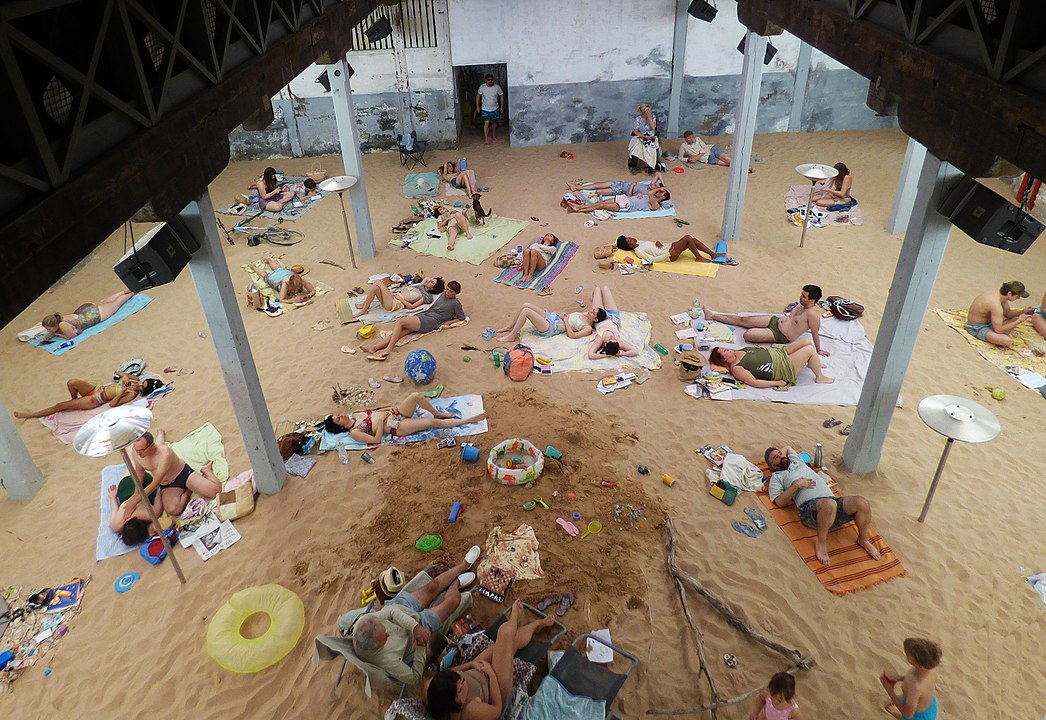At the website of the Institute of Radical Imagination, curator and theorist Marco Baravalle proposes a radical rethinking of the Venice Biennale amidst the upheavals of the coronavirus pandemic. Baravalle argues that the disruptions caused by the pandemic – disruptions not only of travel plans and scheduled events, but of established ways of thinking – present a rare opportunity to reshape high-profile art events like the Venice Biennale along more sustainable and egalitarian lines. “Facing the Covid-19 pandemic,” writes Baravalle, “could be the chance for a radical rethinking of the social role of the arts and art institutions instead of the mere desperate attempt to hold on.” Check out an excerpt from the piece below.
It will be almost impossible for La Biennale to engage in a serious process of degrowth and of re-imagination of its phenomenology and its relationship with the city and with the world if European institutions will once again opt for austerity measures and strict fiscal impositions. In other words if Europe will fail again, if it will not abandon the logic of debt to reinforce welfare measures towards a universal basic income we will have likely terrible outcomes in terms of spread of poverty and reinforcement of nationalist rhetoric. We need an overturn out of austerity measures. that could also allow La Biennale to be less dependent on the influence of private capitals. Because the revenues – especially those of the International Art Exhibition and the Cinema Festival – are too important to keep the whole machine running. Because even if the International Architecture Exhibition has considerably grown through time, its accounts are still structurally in red, and its sustainability is granted by the impressive International Art Exhibition’s financial performance. Because royalties are important. Because more national participations and more collateral events imply more hype, more rent, more work, more job opportunities. In the last twenty years young labor force was able to build a life project around the big event of La Biennale: an army of freelancers, small business, cooperatives of room attendants, technicians, workers, deputy curators, location managers etc. In Marxian terms this should be the time for this technical composition to turn into a political composition, time to claim for quarantine income and universal basic income, to avoid a catastrophic race to lowering prices. For this reason European policies are crucial to determine if art workers will be forced to an individual competition/struggle for the survival – not having time or energies to struggle for a radical change of art institutions – or if they will be given the basic conditions to organize themselves to open up the crisis of the neoliberal apparatus and not to be doomed to sink with it.
Image by Sam Saunders from Bristol - Venice Biennale 2019 P1760438, CC BY-SA 2.0. Via Wikimedia Commons.
